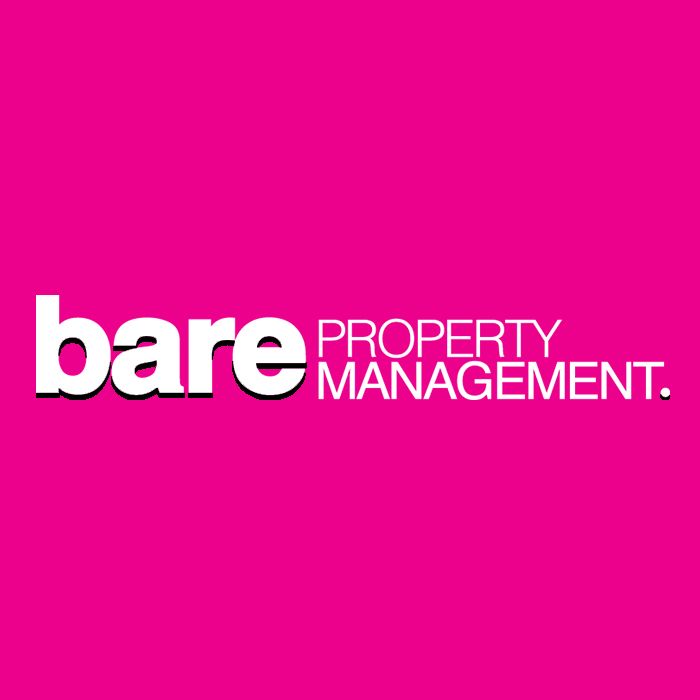Navigating Tenant Rights and Landlord Responsibilities: A Comprehensive Guide for Property Owners and Tenants
Navigating Tenant Rights and Landlord Responsibilities: A Comprehensive Guide for Property Owners and Tenants
Navigating the intricate world of tenant rights and landlord responsibilities can be a daunting task for both seasoned property owners and new tenants. Understanding rental agreements and tenant laws is essential to fostering a healthy landlord-tenant relationship, ensuring that both parties are protected and informed. With housing regulations constantly evolving, staying updated on the legal rights for tenants and the obligations of landlords is crucial for maintaining compliance and avoiding disputes. This comprehensive guide aims to demystify the complexities of property management, offering clear insights and practical advice to help you confidently manage your rental properties or navigate your rights as a tenant. Whether you're a property owner, investor, or tenant, our expert tips and resources will empower you to make informed decisions and cultivate successful rental experiences.
Understanding Tenant Rights and Landlord Responsibilities
In the complex world of property rental, understanding the rights and responsibilities of both tenants and landlords is crucial. This section explores the key aspects of tenant rights, common landlord responsibilities, and the importance of rental agreements in establishing a clear and fair relationship between both parties.
Key Aspects of Tenant Rights
Tenant rights are fundamental protections that ensure a safe and fair living environment for renters. These rights vary by jurisdiction but generally encompass several key areas.
Privacy and quiet enjoyment are essential tenant rights. Landlords must provide notice before entering the property and respect the tenant's right to peaceful occupation of their rented space.
Safety and habitability are also critical. Tenants have the right to a safe and well-maintained living space, with landlords responsible for ensuring that the property meets health and safety standards.
Tenants also have rights regarding rent increases, evictions, and security deposits. These protections help prevent unfair treatment and provide stability in housing situations.
Common Landlord Responsibilities
Landlords play a crucial role in maintaining the property and ensuring a positive rental experience. Their responsibilities are diverse and significant.
Property maintenance is a primary duty. Landlords must keep the property in good repair, addressing issues promptly to maintain a safe and habitable environment for tenants.
Financial obligations include paying property taxes, insurance, and mortgage payments. Landlords are also responsible for complying with local housing codes and regulations.
Respecting tenant rights is another key responsibility. This includes providing proper notice before entering the property, maintaining tenant privacy, and following legal procedures for actions like evictions or rent increases.
Importance of Rental Agreements
Rental agreements serve as the foundation for a successful landlord-tenant relationship. These documents outline the terms and conditions of the tenancy, providing clarity and protection for both parties.
Key elements of a rental agreement typically include:
- Rent amount and due date
- Length of tenancy
- Security deposit details
- Maintenance responsibilities
- Rules regarding pets, smoking, and other potential issues
A well-drafted rental agreement can prevent misunderstandings and conflicts, setting clear expectations from the outset of the tenancy.
It's crucial for both landlords and tenants to thoroughly review and understand the rental agreement before signing. This ensures that all parties are aware of their rights and obligations throughout the tenancy.
Navigating Legal Rights for Tenants
Understanding the legal landscape of tenant rights is essential for both renters and property owners. This section delves into tenant laws, housing regulations, and strategies for building strong landlord-tenant relationships.
Overview of Tenant Laws
Tenant laws provide a framework for fair and equitable housing practices, protecting the rights of renters while also outlining their responsibilities.
Anti-discrimination laws are a cornerstone of tenant protection. These regulations prohibit landlords from discriminating against potential tenants based on factors such as race, gender, religion, or disability.
Eviction protections are another crucial aspect of tenant laws. These regulations outline the specific circumstances under which a landlord can evict a tenant and the proper procedures that must be followed.
Rent control laws, where applicable, limit how much and how often landlords can increase rent, providing stability for long-term tenants.
Exploring Housing Regulations
Housing regulations encompass a wide range of rules and standards designed to ensure safe and fair housing practices.
Building codes set minimum standards for construction and maintenance, ensuring that rental properties are safe and habitable. These codes cover aspects such as electrical systems, plumbing, and structural integrity.
Health and safety regulations address issues like mold, lead paint, and pest control. Landlords are typically required to maintain properties in compliance with these standards.
Local zoning laws can impact rental properties by regulating factors such as occupancy limits and permissible property uses. Both landlords and tenants should be aware of these regulations to ensure compliance.
Building a Strong Landlord-Tenant Relationship
A positive landlord-tenant relationship is built on clear communication, mutual respect, and understanding of each party's rights and responsibilities.
Open communication is key. Landlords should be responsive to tenant concerns, while tenants should promptly report any issues with the property.
Regular property inspections, conducted with proper notice, can help identify and address maintenance issues before they become major problems.
Clear policies and procedures for rent payment, maintenance requests, and other common interactions can help prevent misunderstandings and conflicts.
Building trust through consistent, fair treatment and respect for privacy can lead to longer tenancies and fewer disputes, benefiting both landlords and tenants.






